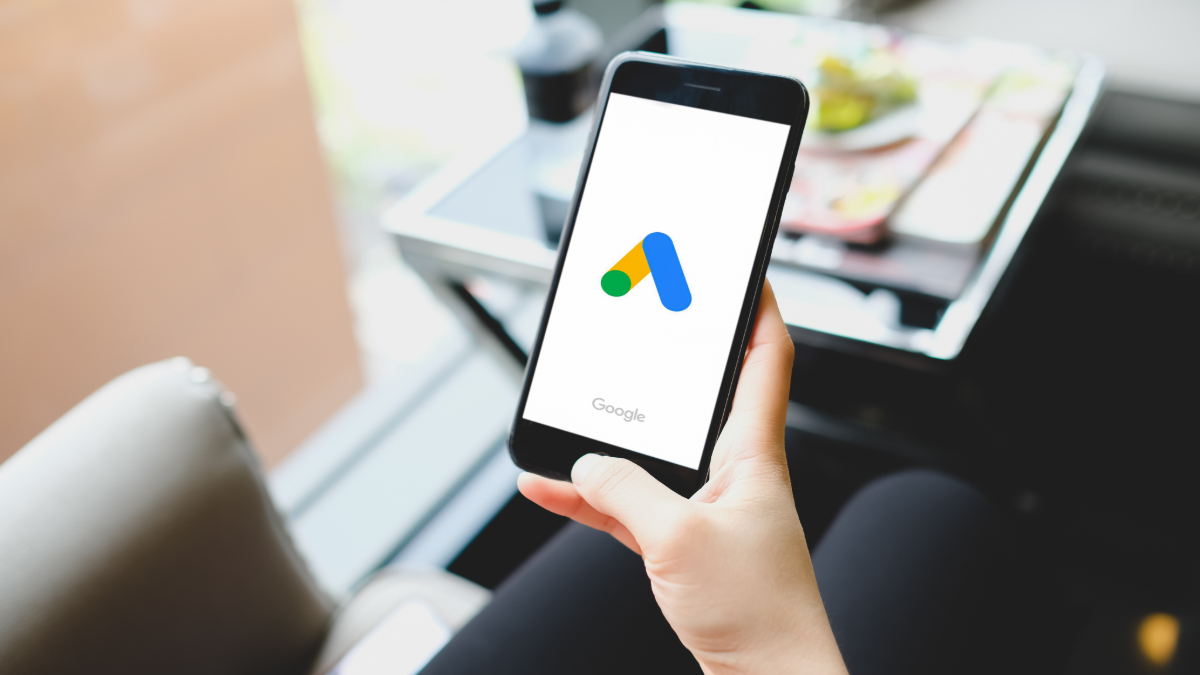A well-executed Pay-Per-Click (PPC) campaign can be critical to an advertiser’s overall business and revenue. What better way to find potential customers than when they search Google or Bing and tell you exactly what they want?
However, because you pay for every click you get from your ads, it can cost more (sometimes a lot more) than the revenue it generates from an unmanaged PPC campaign. Your audience and message are unique to your business, but there are some basic strategies that work consistently in PPC campaigns, regardless of industry.
If you also want to rank your page on google then you must check out Google ads management.
Here are some tips for you as a beginner for Google Ads:
1. Make your landing page relevant
This is one of the most neglected aspects of paid search. It’s easy to get lost on paid search platforms, change bids, try out a copy of an ad, and direct all your energy into the platform itself.
But something important happens after a user clicks on an ad on the platform you are targeting: go to your website. The ultimate goal of PPC marketing is to make sales. Successful PPC advertising leads to eligible landing pages, but then only the first half of the payment.
This is when the landing page turns these instructions into paying customers. You should optimize your landing page for PPC conversions by aligning your advertising message with the landing page message.
2. Optimize Negative Words
One of the most powerful tools you can use to ensure the integrity of Google Ads and Microsoft Ads is to use negative words. These two microphones allow you to define the wrong words for your product or service. By telling Google what your product is not, you prevent your ads from showing relevant article searches to the customers you want.
3. Use the right type of keyword matching
PPC advertising is direct marketing and Google Ads are based on the purpose of users through keywords.
Whenever someone enters a search query on Google, the ad is shown based on the importance of the auction system, which takes the keyword into account and displays the relevant ad. The keywords you use and the changes you make to those words in your PPC campaigns are important to understand.
4. Fill Out All Available Ad Content
Since its release in July 2016, Extended Keyword Advertising (ETA) has had a huge impact on the life of Google Advertising. By providing access to relevant content, ETA provides an effective way for PPC managers to report on a product or service. If you want your ads to be more successful, try to fill in all available fields.
5. Use the appropriate ad extensions
Many PPC accounts primarily focus on the title, URL, and description of the ad leader. However, ad enhancements are an important part of the customer experience and can greatly improve the performance of your ads. Advertising plugins can help you better tell your brand story by offering your customers valuable insights.

